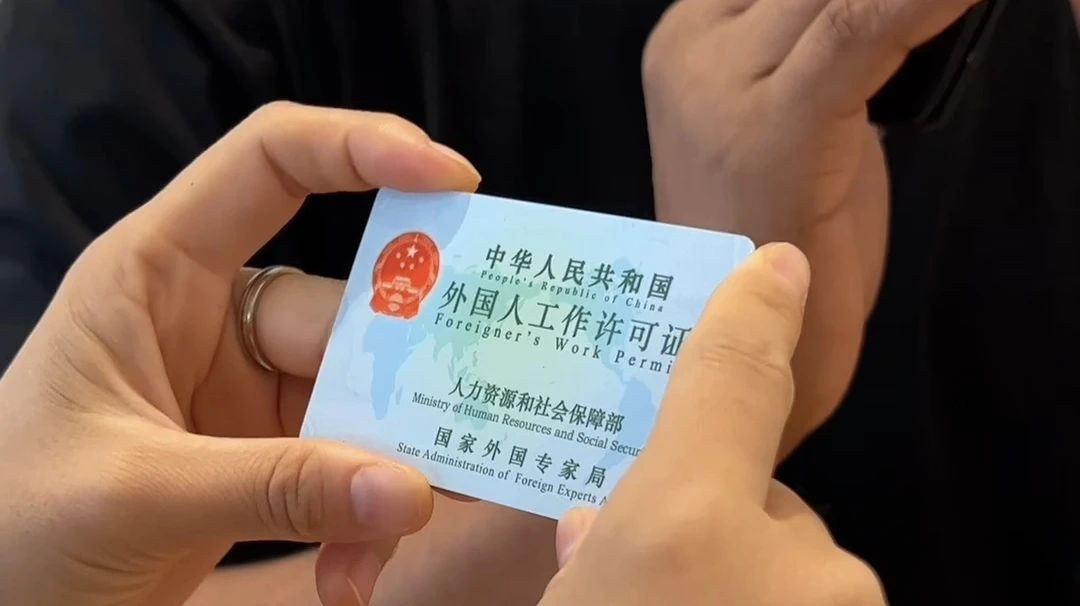
Applying for a China work permit can be a complex and time-sensitive process, especially for first-time applicants unfamiliar with the country’s bureaucratic system. Whether you’re moving to China for a teaching job, a corporate role, or a startup opportunity, it’s crucial to approach the permit process with accuracy and preparedness. Small oversights can lead to delays, rejections, or even legal complications. To ensure a smooth transition, here are the top mistakes to avoid when applying for a work permit in China.
Contents
- 1 1. Not Understanding the Permit Categories
- 2 2. Submitting Incomplete or Inaccurate Documents
- 3 3. Ignoring the Importance of a Legal Employer
- 4 4. Waiting Until the Last Minute
- 5 5. Skipping the Health Check Requirement
- 6 6. Assuming the Permit Equals a Visa
- 7 7. Not Using Professional Help When Needed
- 8 Conclusion
1. Not Understanding the Permit Categories
China classifies foreign workers into three categories: A (high-level talent), B (professional workers), and C (non-technical or temporary workers). Each category has specific qualifications and documentation requirements. Many applicants fail to understand their appropriate classification, leading to the submission of incorrect forms or missing documents. Before starting your application, identify which category you fall under to ensure proper compliance.
2. Submitting Incomplete or Inaccurate Documents
One of the most common reasons for work permit delays is submitting incomplete, expired, or inconsistent documents. All documents—such as your passport, degree certificate, non-criminal record, and medical exam report—must be up-to-date, translated into Chinese, and notarized where necessary. A minor discrepancy in dates or names between documents can trigger rejection. Triide, a platform that offers relocation and immigration services, emphasizes the importance of document accuracy for a successful application.
3. Ignoring the Importance of a Legal Employer
To obtain a China work permit, you must be hired by a registered employer who is legally authorized to hire foreign staff. Some applicants fall into the trap of accepting offers from companies or schools that lack the appropriate license. This can not only derail your application but may also put your visa status at risk. Always verify the credentials of your prospective employer before committing to any job offer.
4. Waiting Until the Last Minute
Applying for a work permit is not a last-minute task. The process can take several weeks or even months, depending on your situation and location. Delays often occur due to processing backlogs or document authentication procedures. Applicants who underestimate the timeline may face visa issues or lose job opportunities. Triide recommends starting the application process at least two to three months before your intended start date in China.
5. Skipping the Health Check Requirement
All applicants from outside of China must get a medical check, either in their home country or when they get to China. This is a critical component of the work permit process, and failing to complete it can delay final approval. The health check must be conducted at an approved facility, and the results must align with China’s health standards. Ensure you know where and when to get your exam done to avoid unnecessary complications.
6. Assuming the Permit Equals a Visa
A China work permit and a work visa (Z visa) are two separate but related documents. Some applicants mistakenly believe that securing one automatically covers the other. In reality, the Z visa allows you to enter China for work, while the work permit authorizes your employment once inside the country. Failing to obtain both in the correct order can lead to legal and administrative trouble.
7. Not Using Professional Help When Needed
The China work permit process involves legal terms, detailed forms, and multiple government offices. While it’s possible to complete the application independently, many foreigners benefit from professional guidance. Triide provides expert support to expats and professionals navigating the Chinese immigration system, helping reduce the risk of error and improve approval chances.
Conclusion
Applying for a China work permit doesn’t have to be overwhelming if you understand the process and avoid common mistakes. From misfiled paperwork to employer mismatches, even small errors can cause major setbacks. By planning ahead, ensuring document accuracy, and seeking professional assistance like that offered by Triide, you can streamline your application and focus on your exciting new chapter in China.